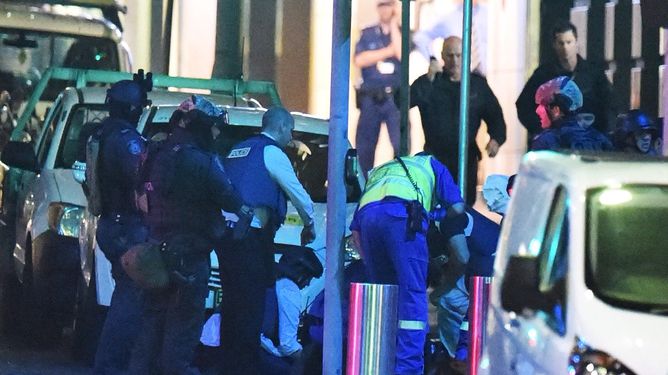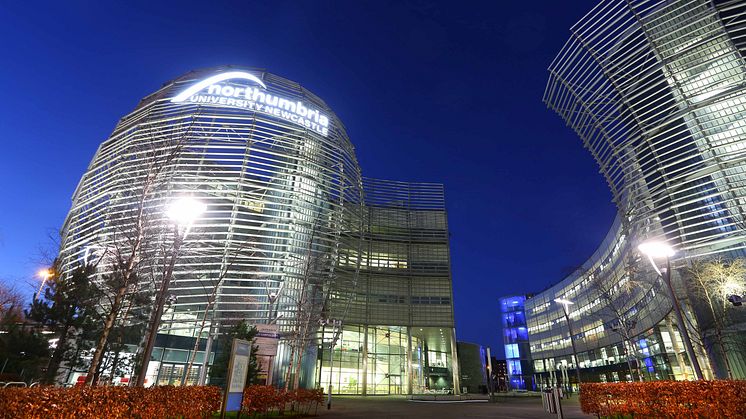
Press release -
COMMENT: As Sydney siege comes to an end, the questions begin
Dr Craig Mclean, Senior Lecturer in Politics examines security in Australia following the recent high-profile siege in Sydney
Police have now confirmed that the siege in Sydney has ended after the cafe was stormed by officers, but questions about how it happened, what the motives were and how Australia should respond are just beginning.
The man who held up to 30 people hostage in a cafe in the central business district is dead, along with two other people. He has been identified as Man Haron Monis, an Iranian refugee who moved to Australia in 1996.
Monis was on bail after being accused of being an accessory to the murder of his former wife. He reportedly faced numerous sexual assault charges.
At this stage it is not clear whether Monis was acting alone, as part of a larger operation, or indeed whether he was simply using the symbols and language of radical Islamists to gain attention for himself. We must, therefore, tread with great caution.
But what is clear is that this gunman was attempting to associate himself with Islam, and in the past sent offensive letters to the families of soldiers who fought in Afghanistan.
The Australian intelligence services have known for some time that there has been an increased risk of a terrorist incident occurring. The threat of an attack was raised to “high” as recently as September. It now appears that the prime minister, Tony Abbott, was correct to argue that there are some Australian residents and citizens who “would do us harm”.
The location of the siege may be of significance. The Lindt Café is located opposite Channel 7’s studios, and a stone’s throw from the Reserve Bank of Australia and the New South Wales Parliament. If this transpires to be a terrorist incident – and that is still a large “if” – then it is one that would strike at the very heart of Australia. It would be a mistake to assume that the relative geographical isolation of the country has afforded Australia a degree of immunity from terrorist incidents in the past.
Indeed, it has suffered several atrocities. The Port Arthur Massacre in 1996 led John Howard to introduce some of the most stringent firearms legislation in the western world. The Bali bombings of 2002 and 2005 have equally left their mark.
Nevertheless, if it turns out that the siege at the Lindt Café has at its root a radical Islamist motive, then it would be the first such successful operation of its type on the Australian mainland.
If such an event can happen in the central business district, where 99 CCTV cameras are in operation, this incident will certainly raise questions about wider security in Australia.
![]()
This article was originally published on The Conversation. Read the original article.
Topics
Categories
Northumbria is a research-rich, business-focussed, professional university with a global reputation for academic excellence. To find out more about our courses go towww.northumbria.ac.uk
If you have a media enquiry please contact our Media and Communications team at media.communications@northumbria.ac.uk or call 0191 227 4571.









